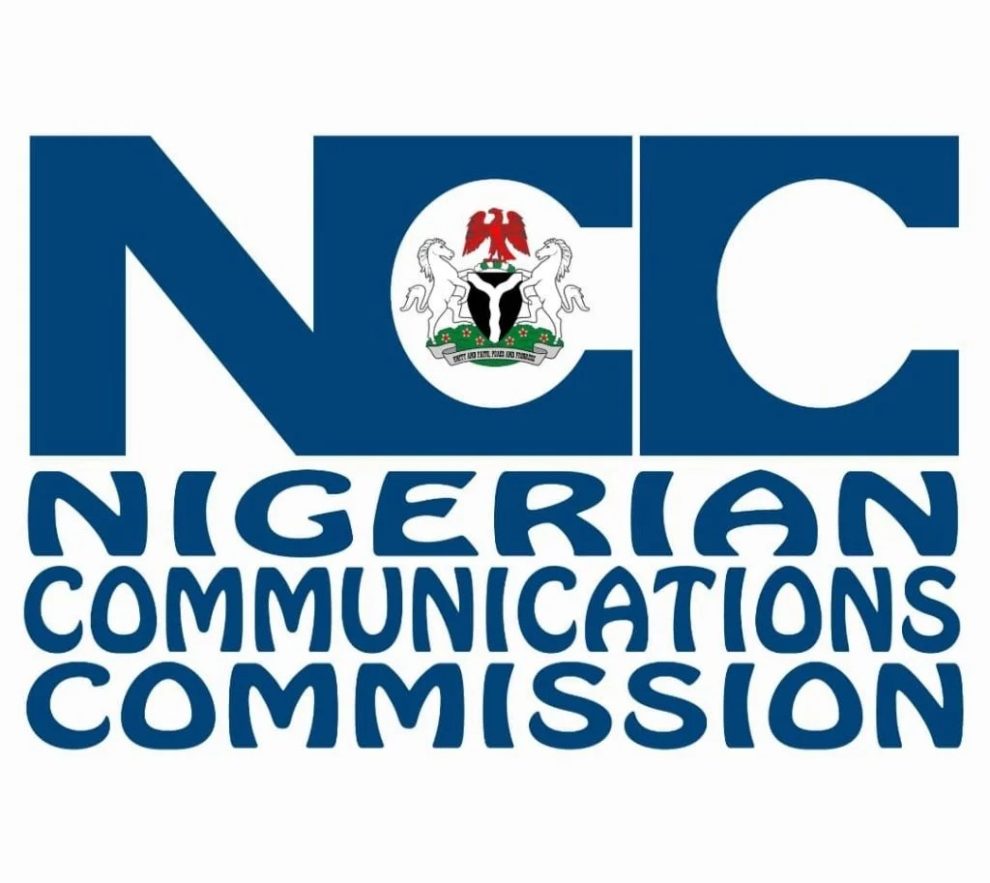Abuja, Nigeria – Nigeria’s government has designated its telecommunications network as a “Critical National Information Infrastructure” (CNII) in a move to protect it from physical and digital attacks. The decision follows growing concerns over frequent disruptions to the country’s digital services.
Aminu Maida, Executive Vice-Chairman of the Nigerian Communications Commission (NCC), announced the new presidential order at a strategic stakeholders’ meeting. He stated that the measure is a national imperative, as disruptions to the telecommunications network can paralyse emergency services, financial transactions, and government operations.
The NCC boss highlighted the scale of the problem, noting that service providers report an average of 30 to 43 fibre cuts daily, often due to vandalism, theft, or road construction. The announcement comes amid a reported surge in cyberthreats, including ransomware attacks, which pose a significant risk to the sector.
The new CNII designation aims to protect these “digital lifelines,” which support an economy where the telecoms industry contributes over 14% to Nigeria’s GDP. The NCC has outlined a plan to operationalize the order, which includes mapping critical telecom assets, developing a protection plan in partnership with the National Security Adviser’s office, and launching public awareness campaigns to encourage community protection of the infrastructure.
Mr. Maida acknowledged that challenges remain, including inconsistent policies and high taxation at the state level. He called for a coordinated effort among all stakeholders—including government agencies, private companies, and local communities—to ensure the successful implementation of the new directive.





Add Comment